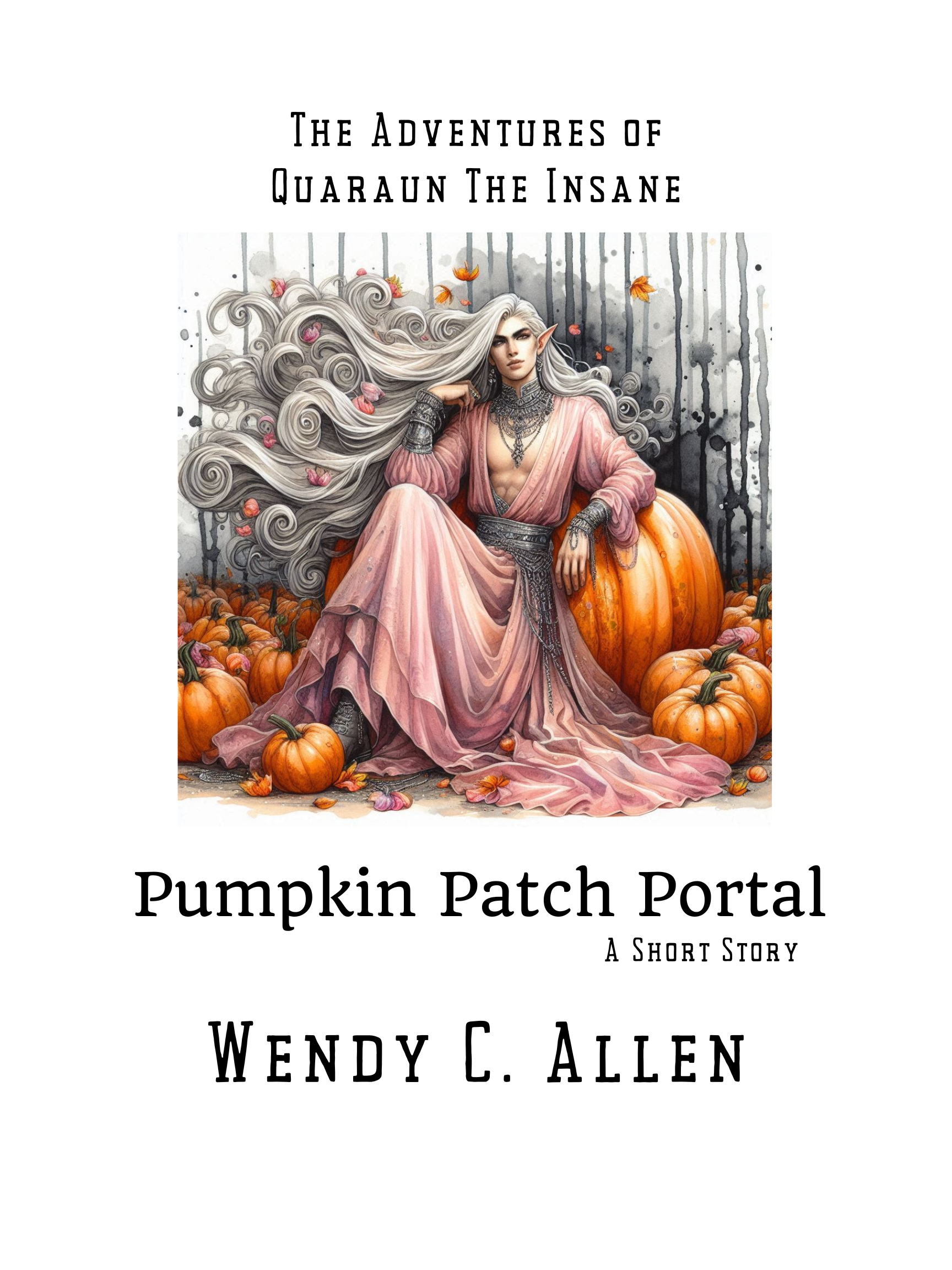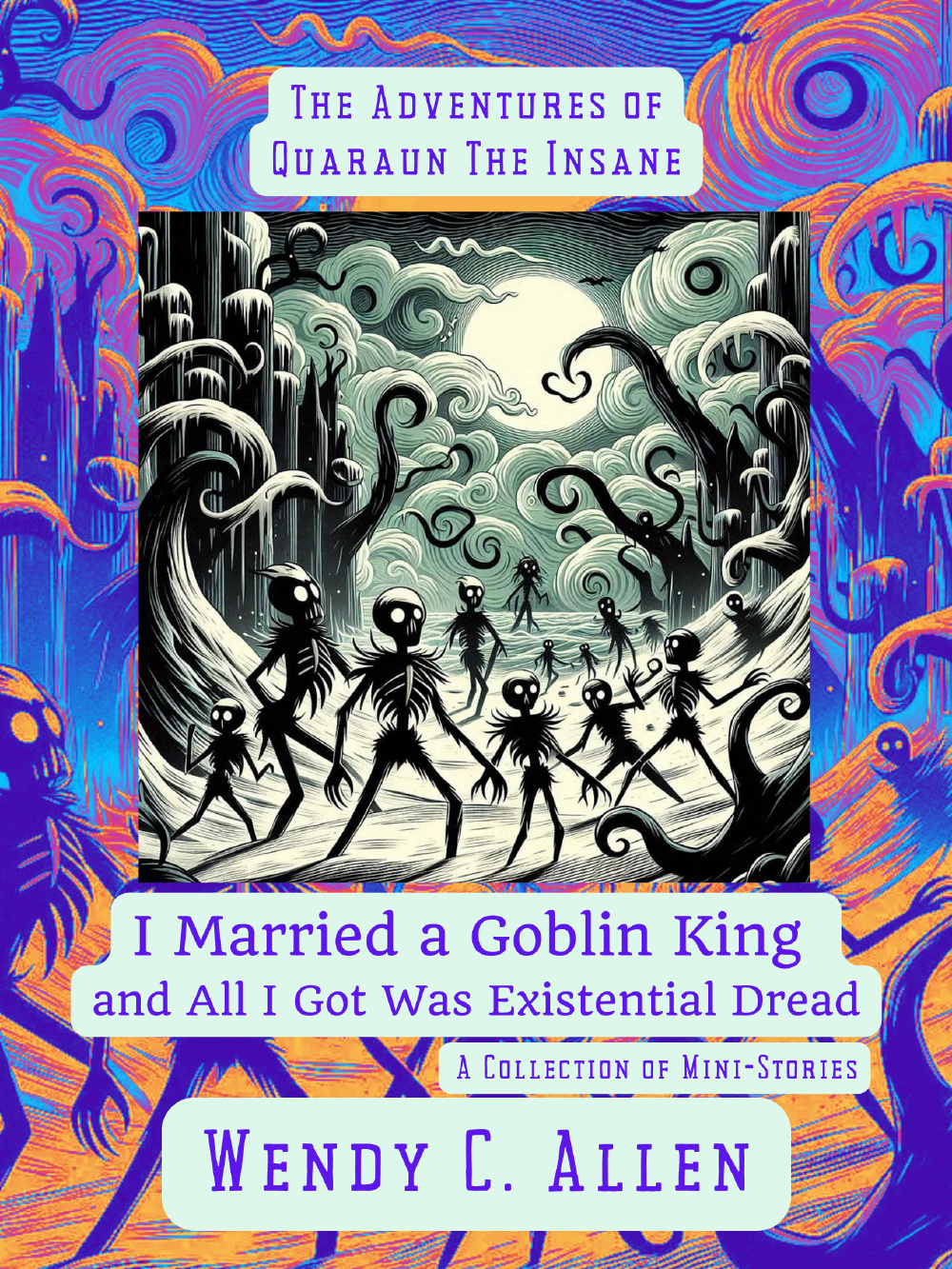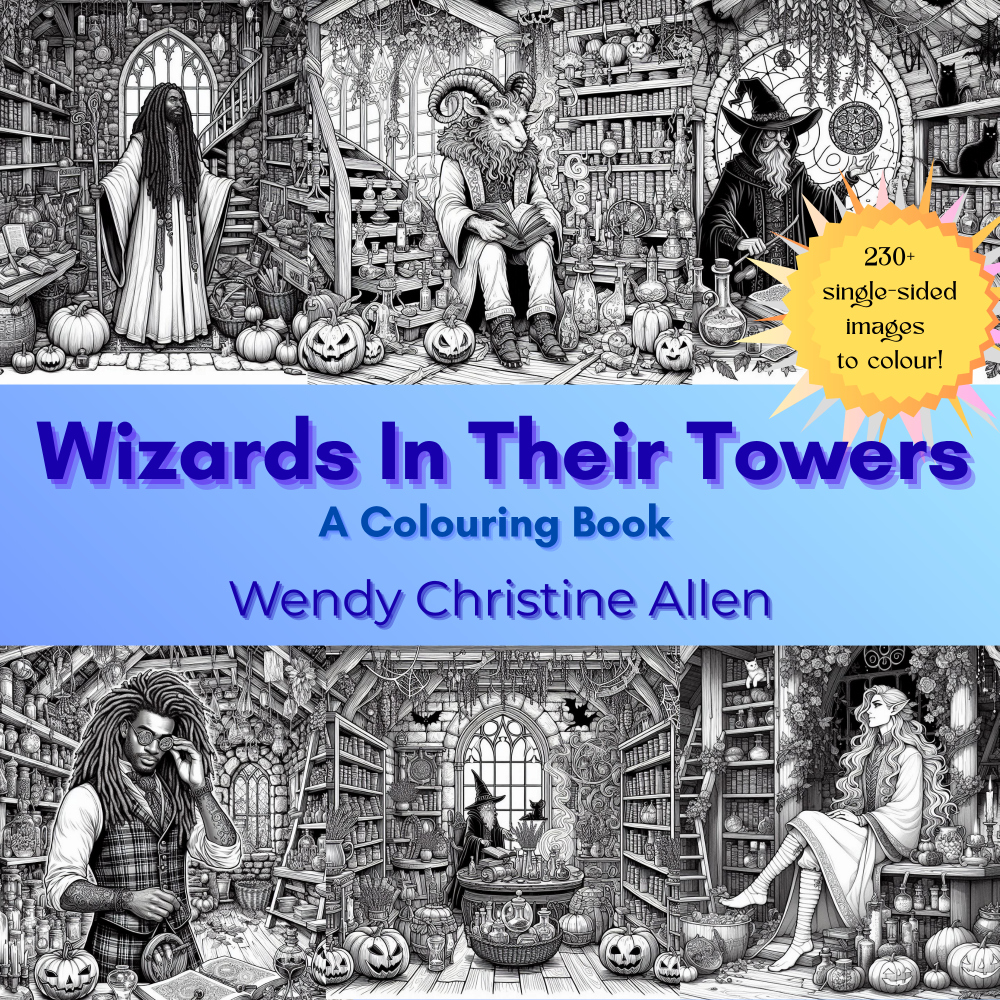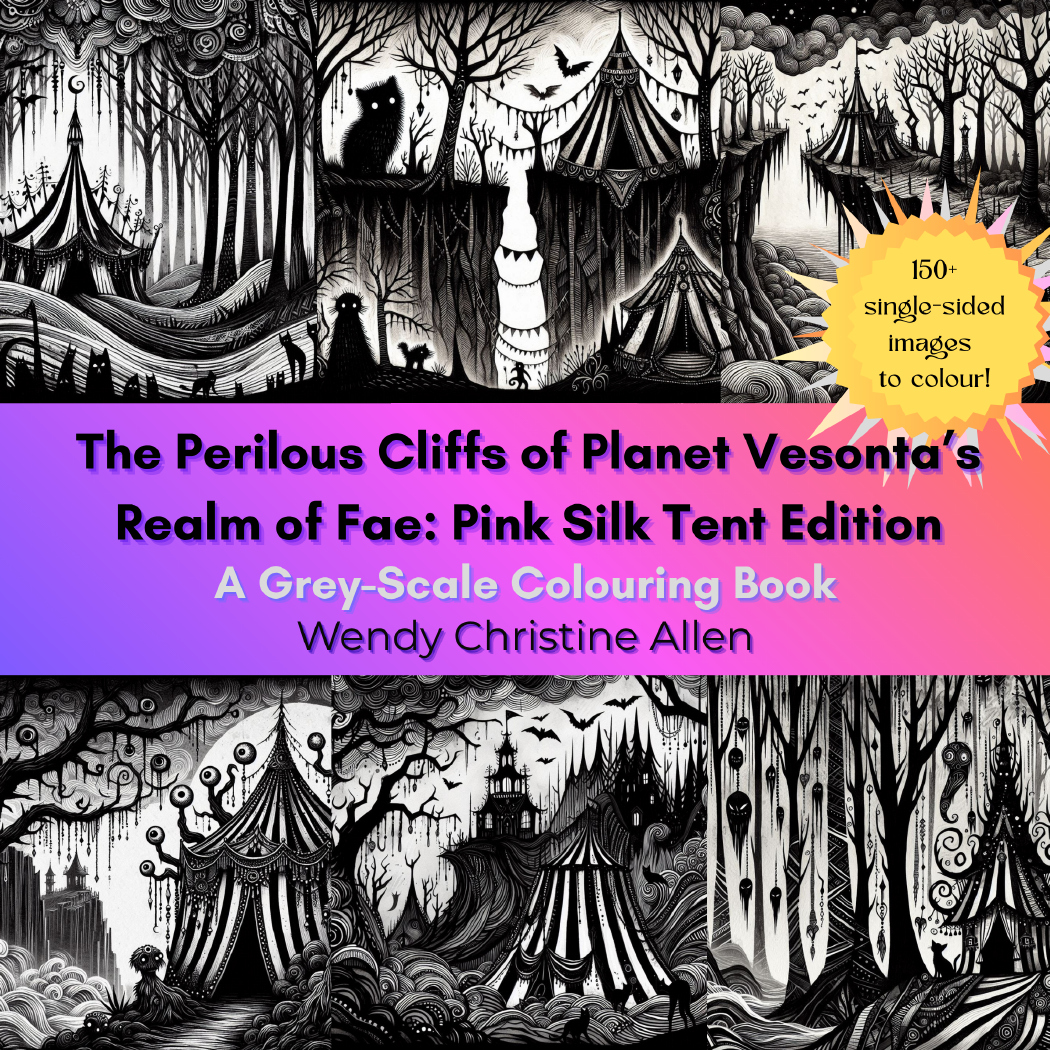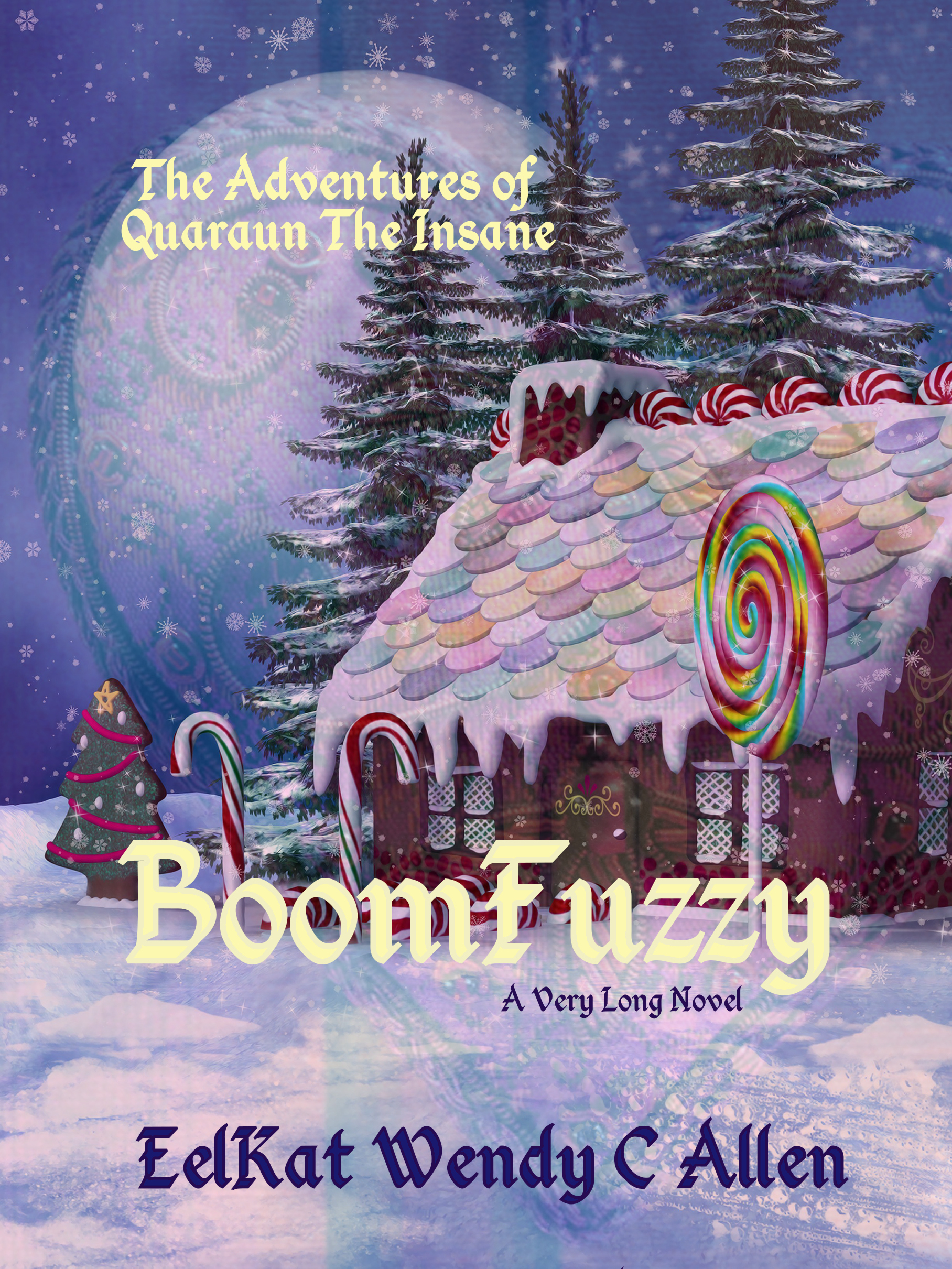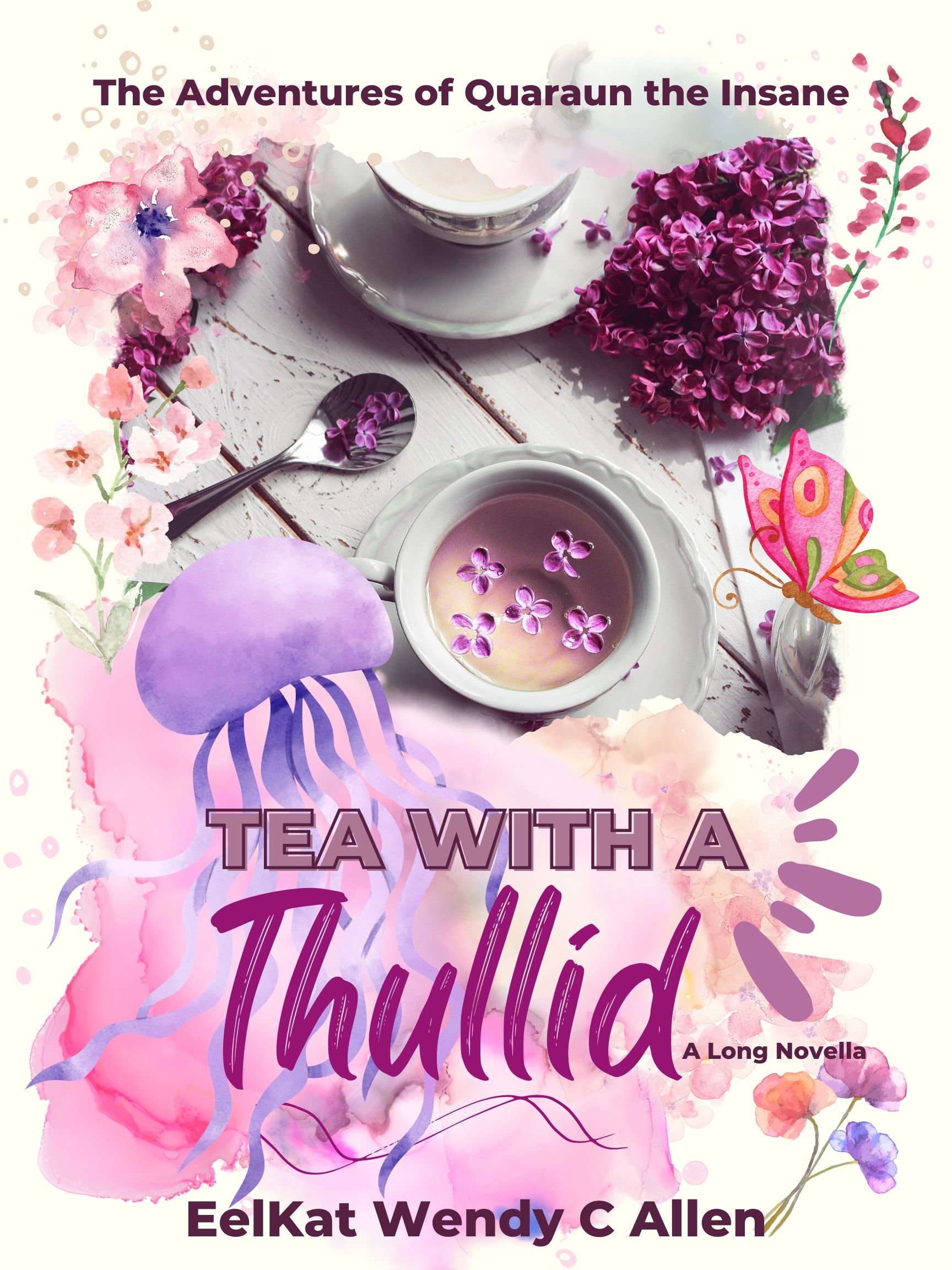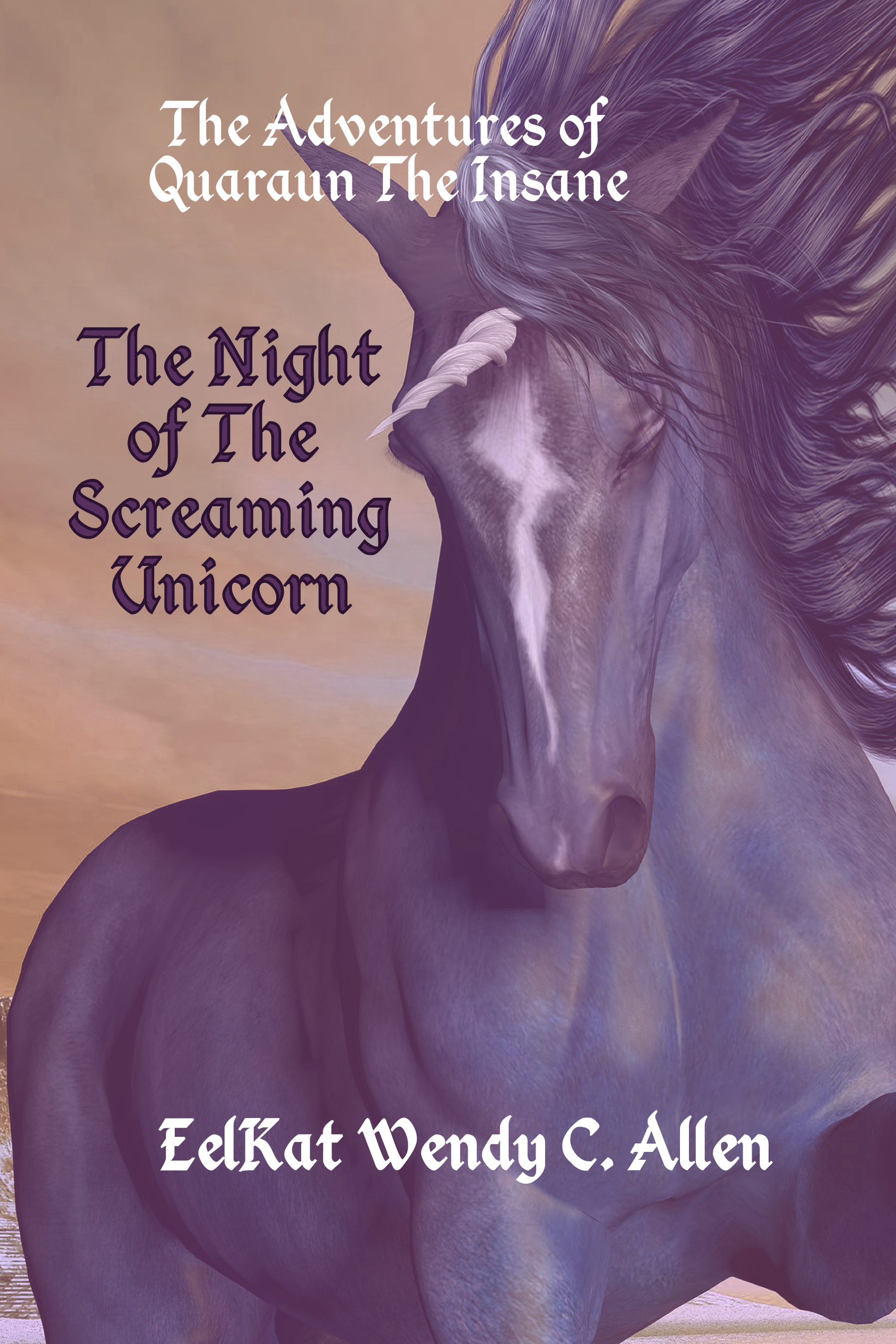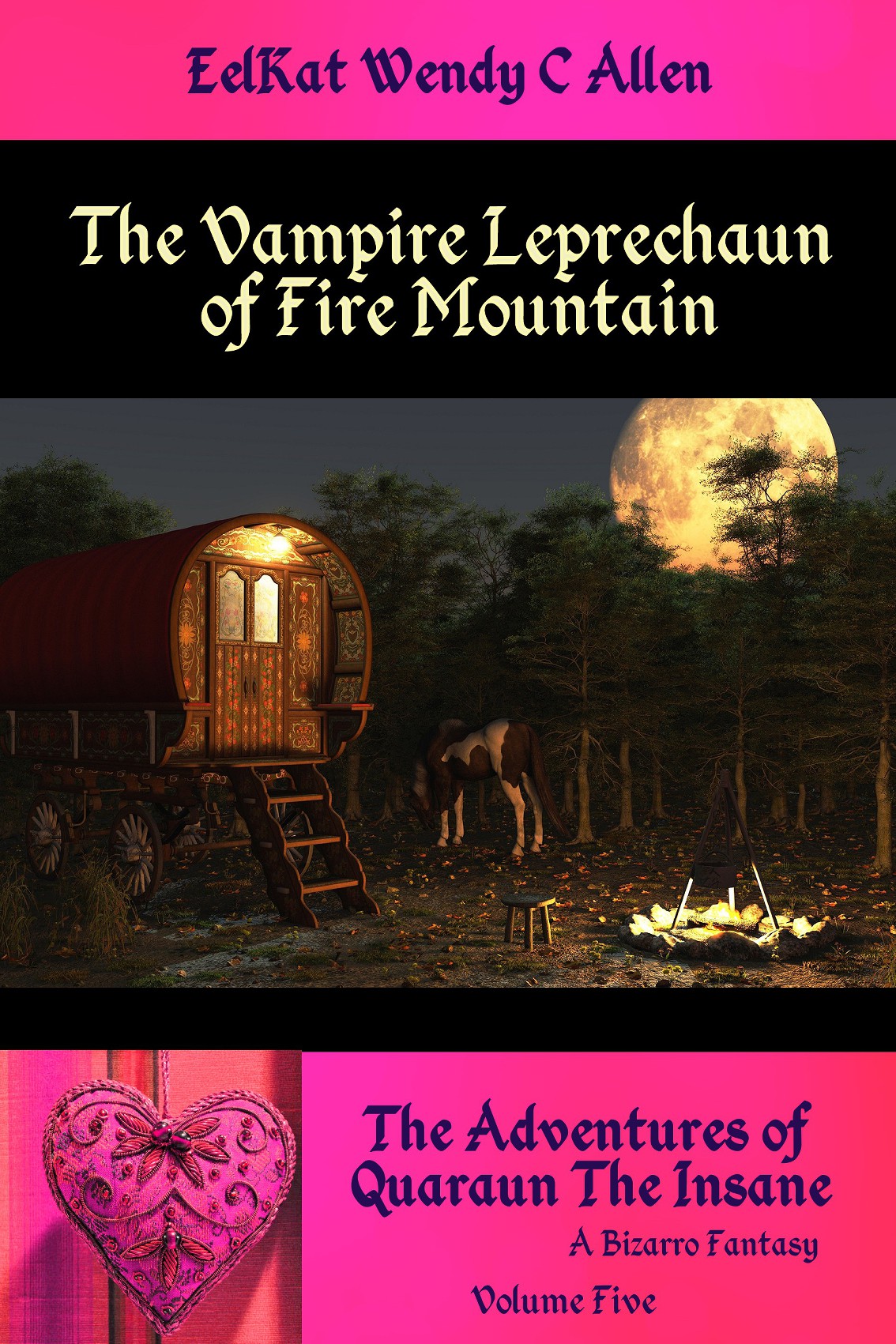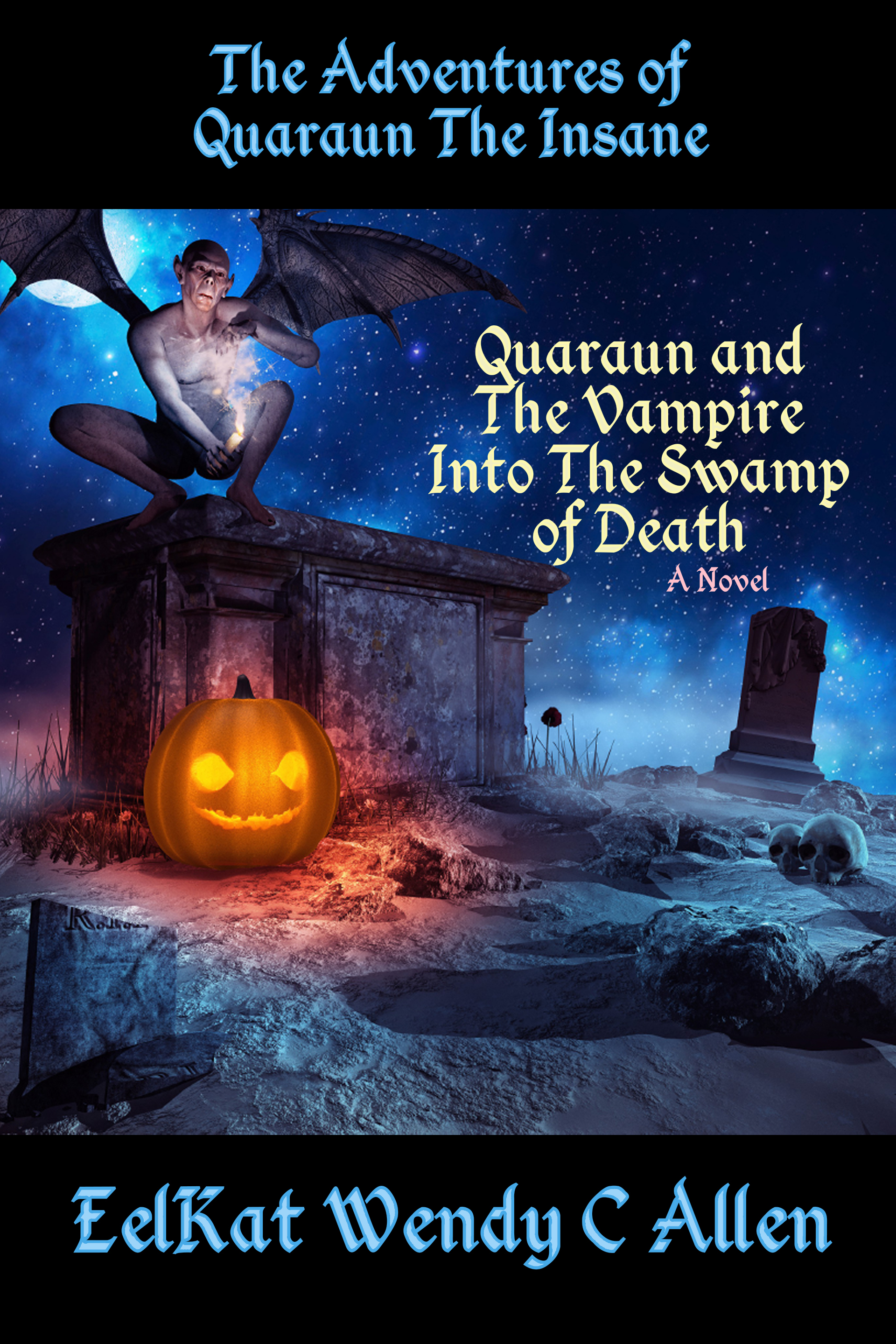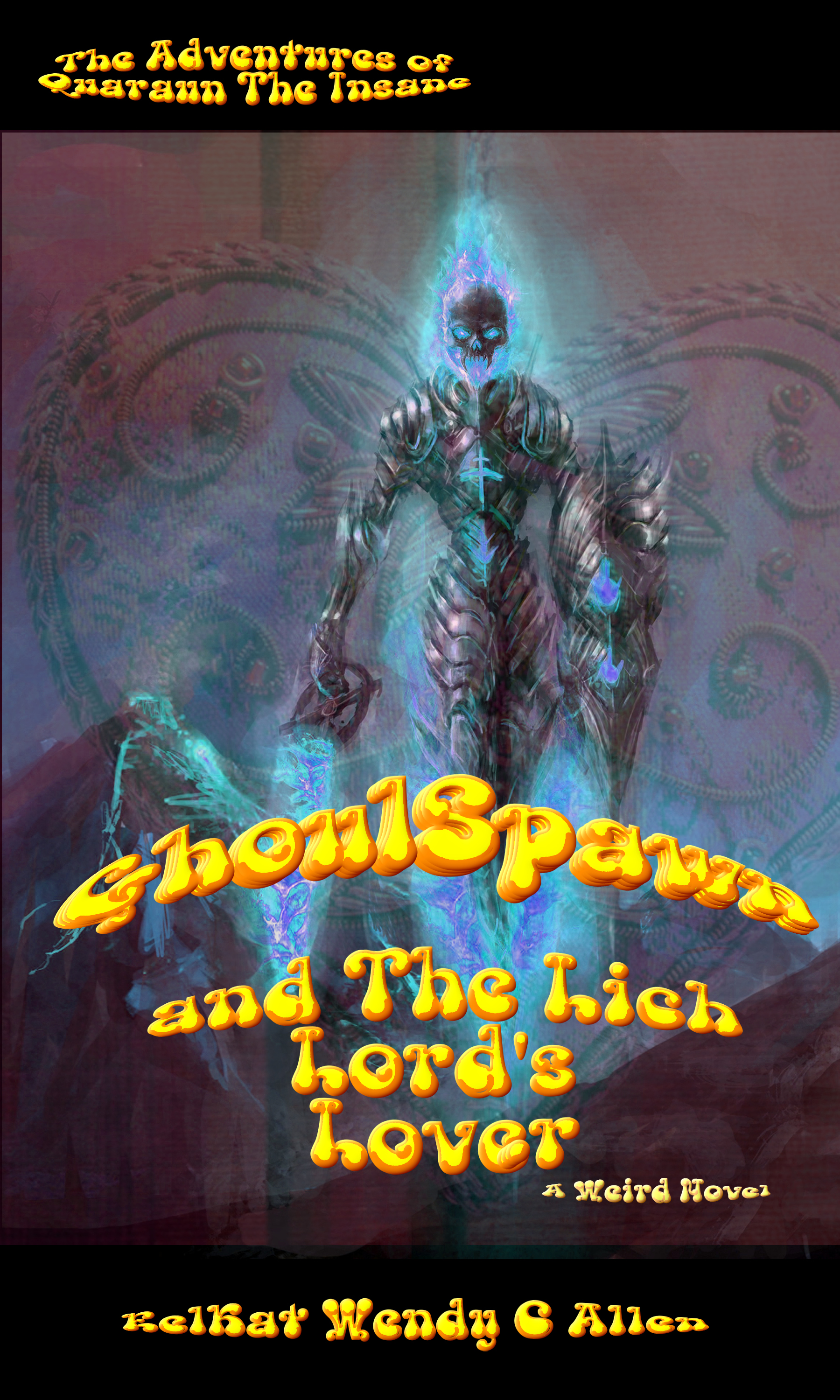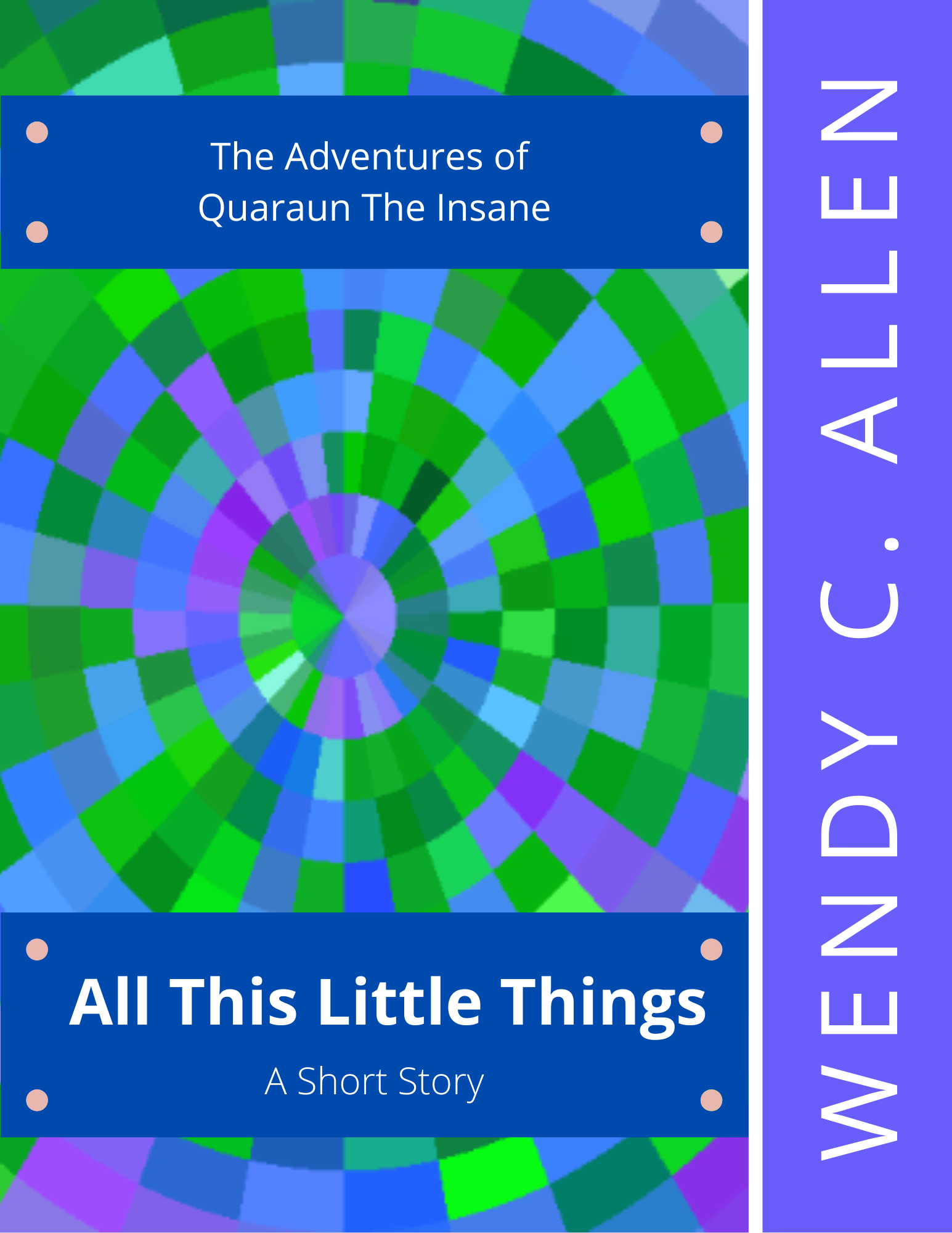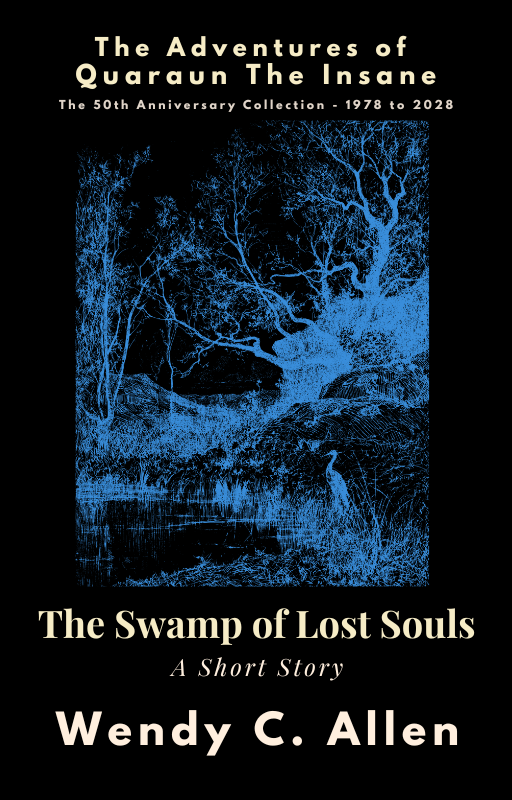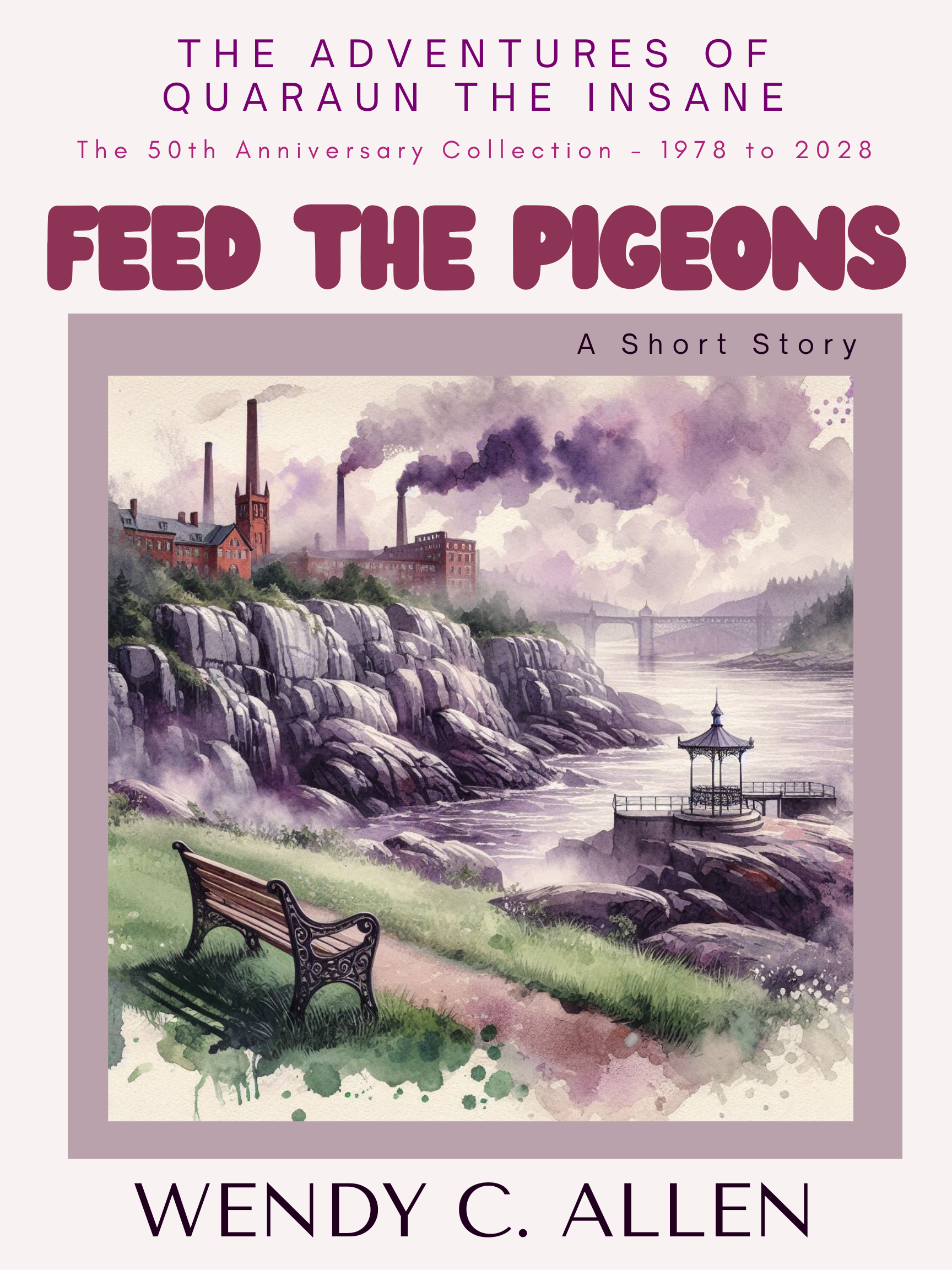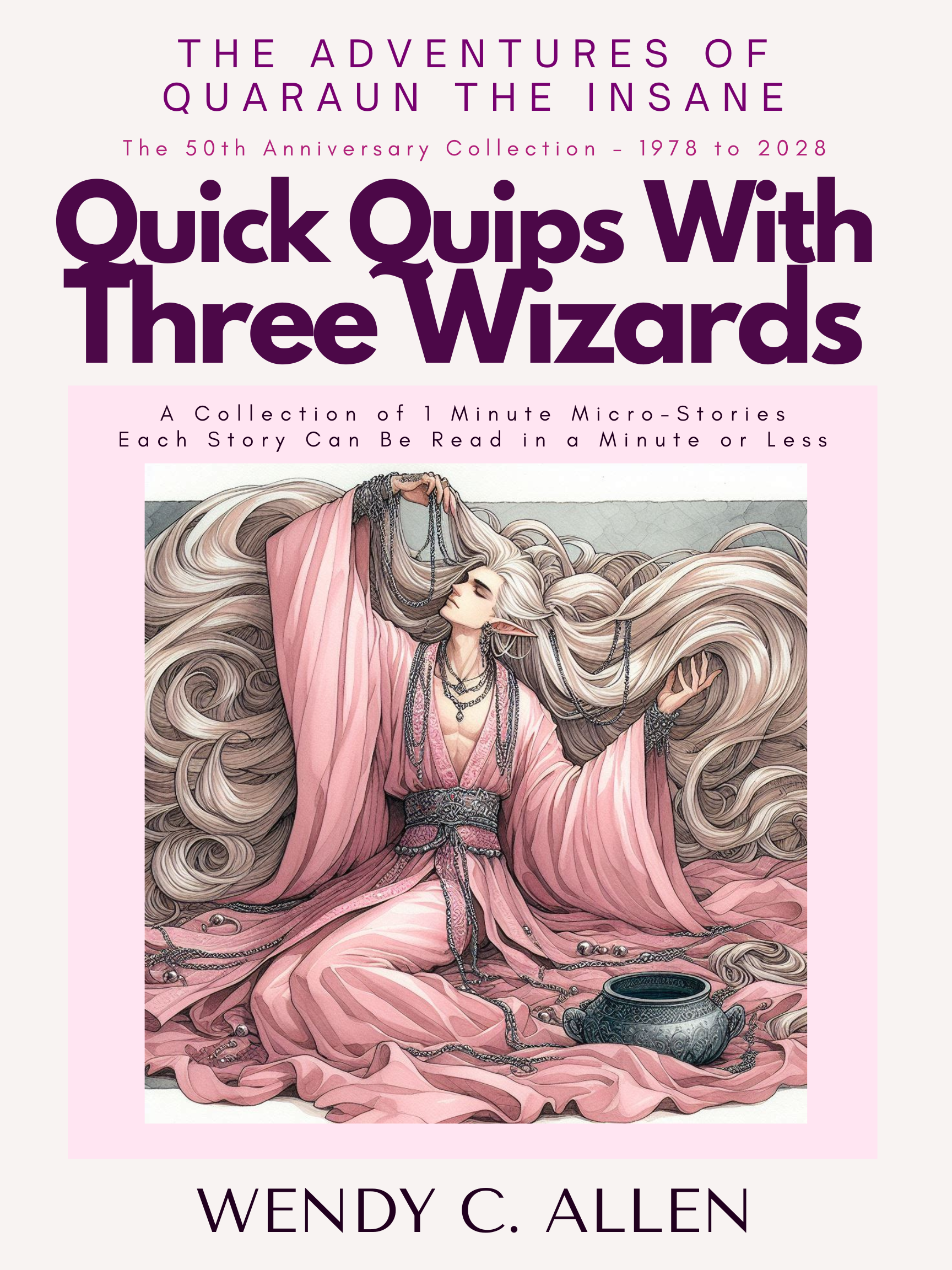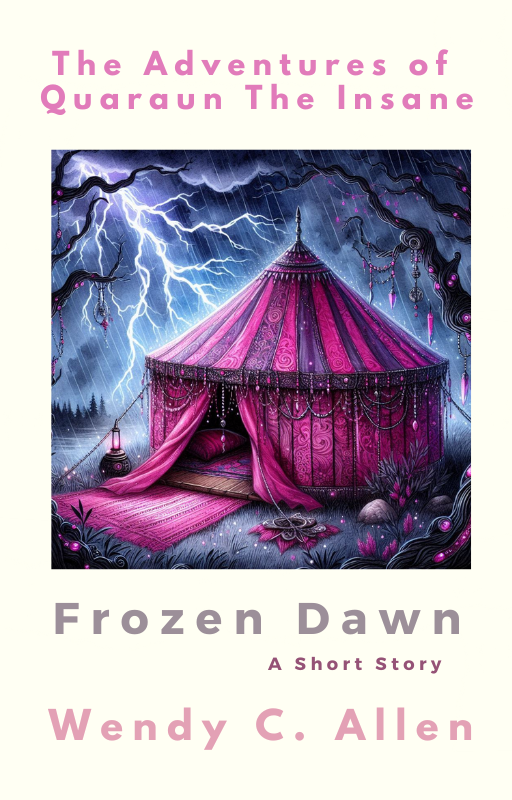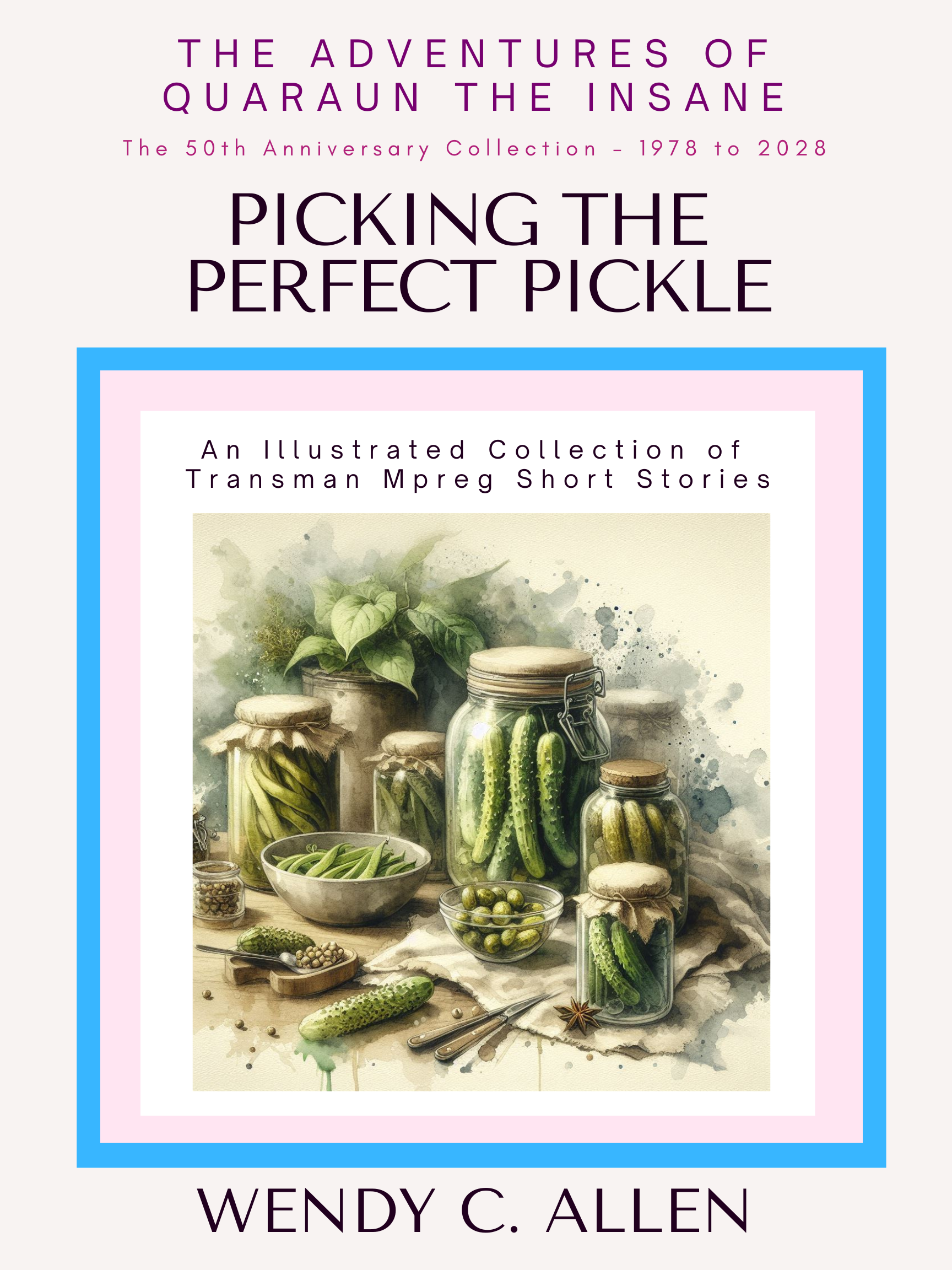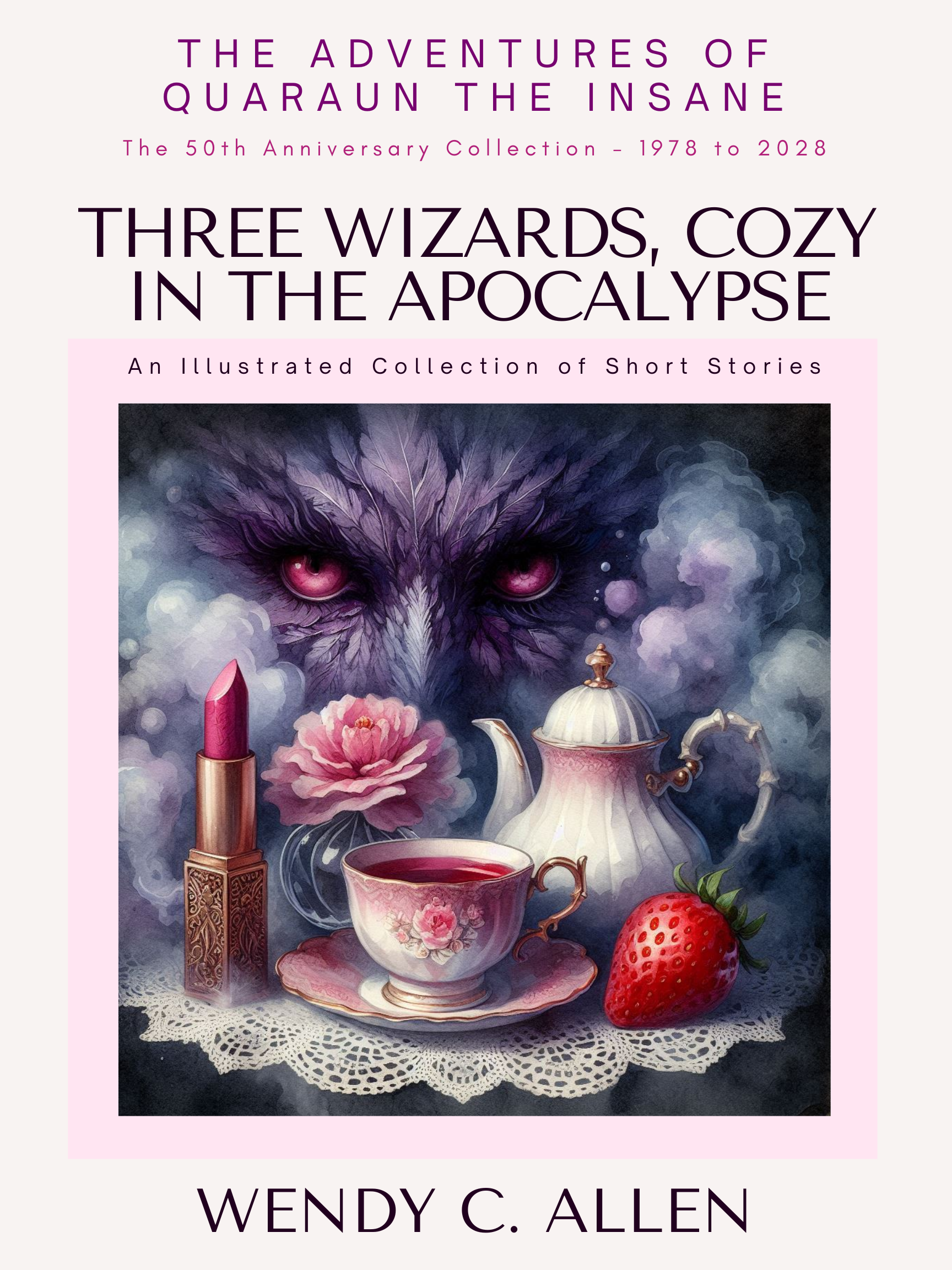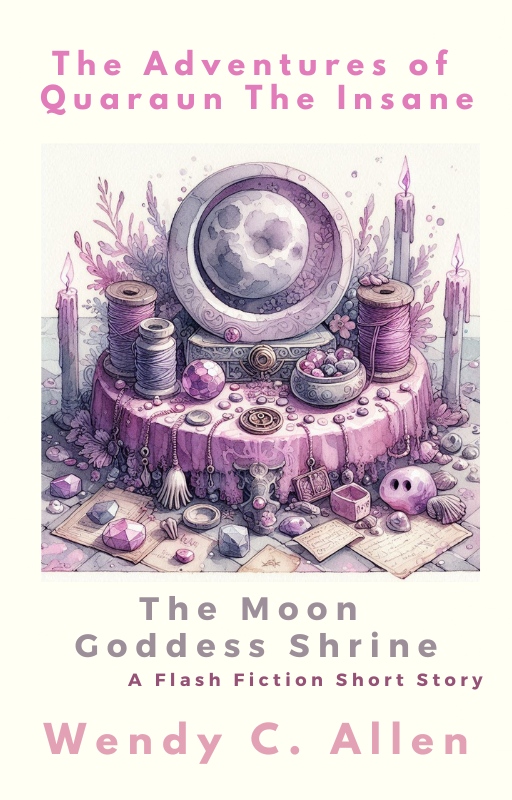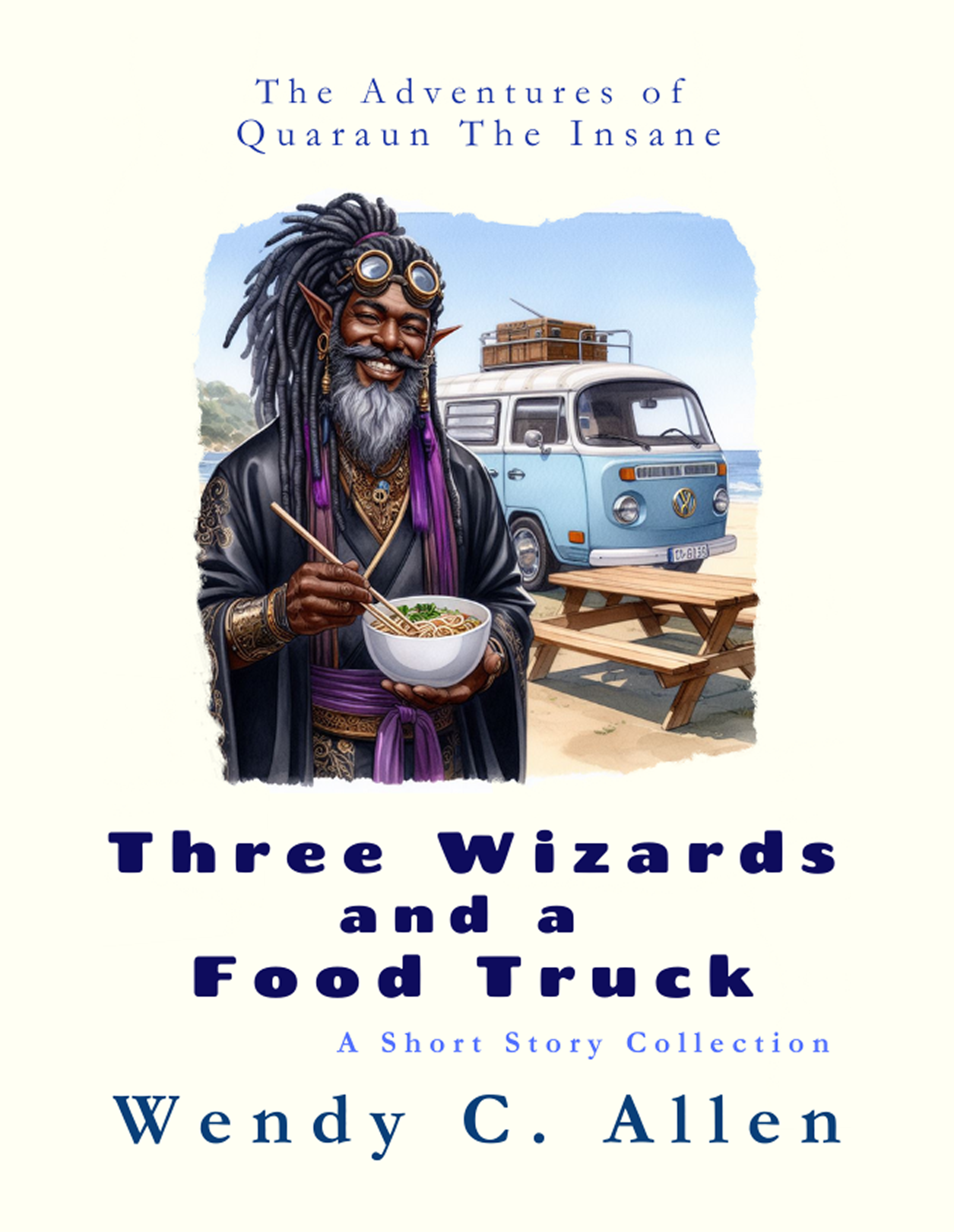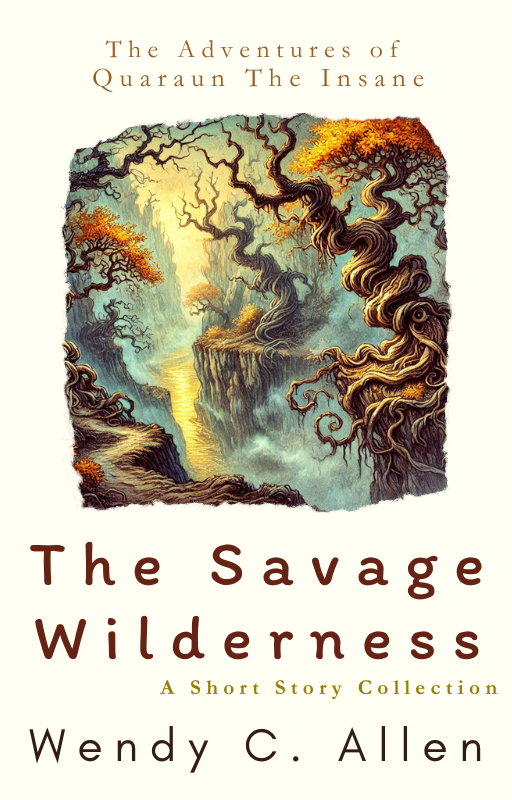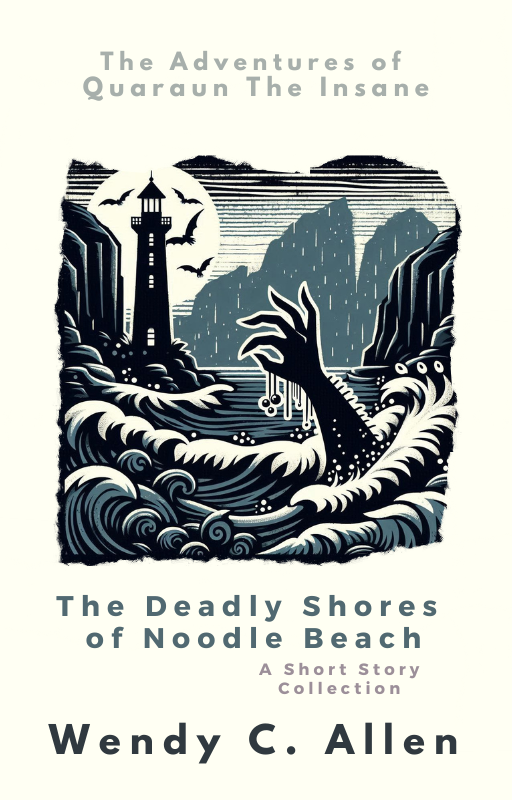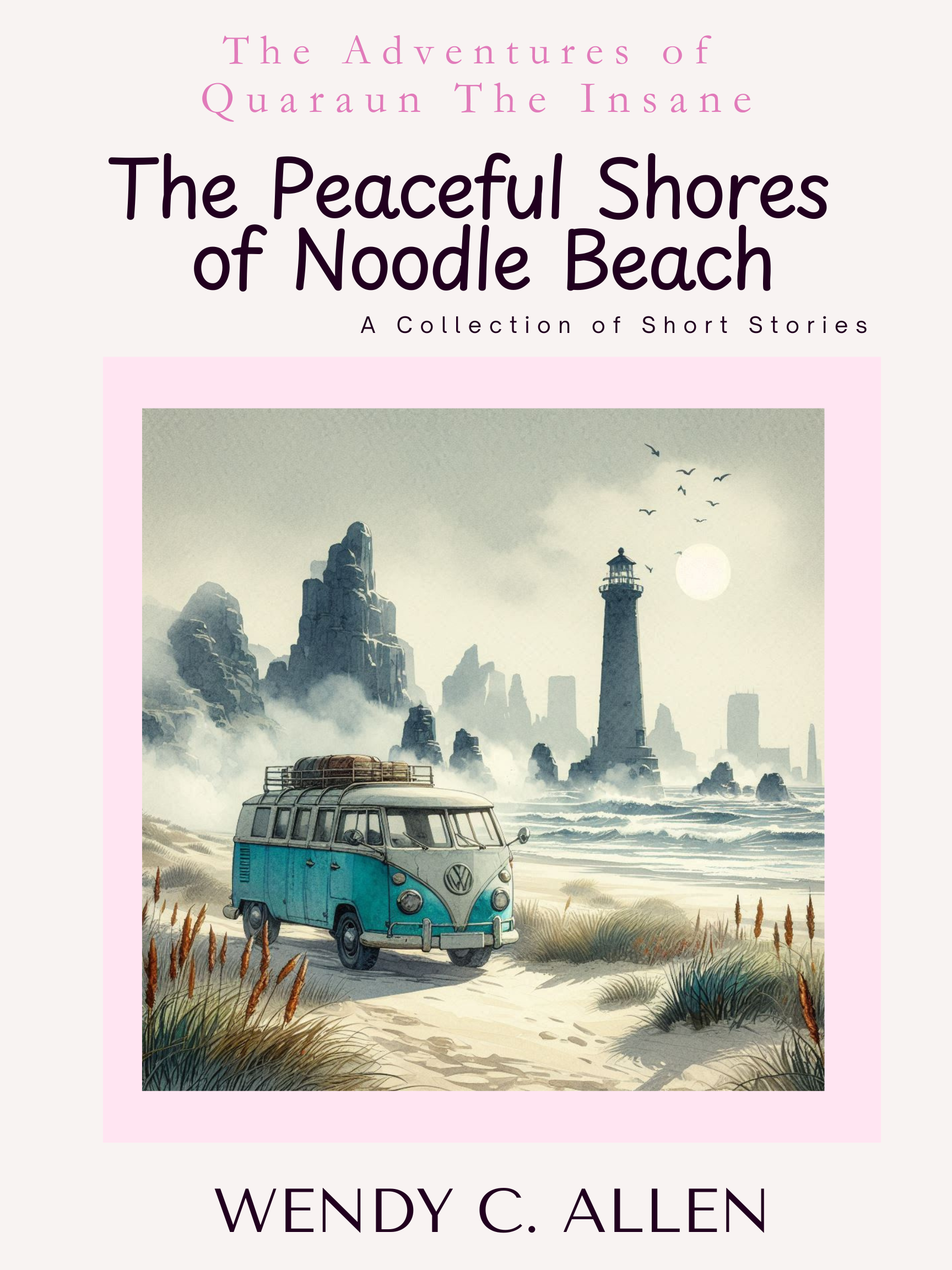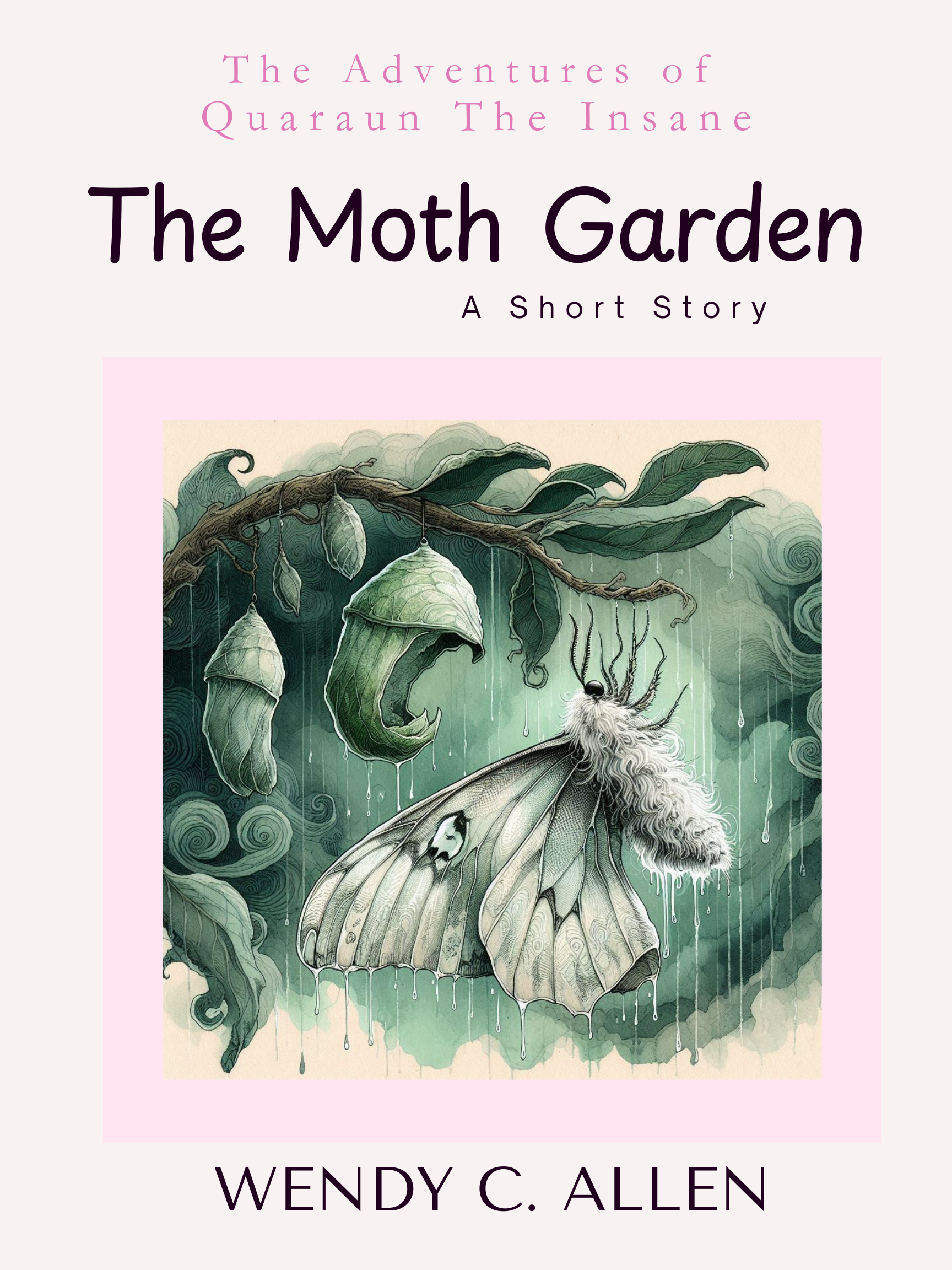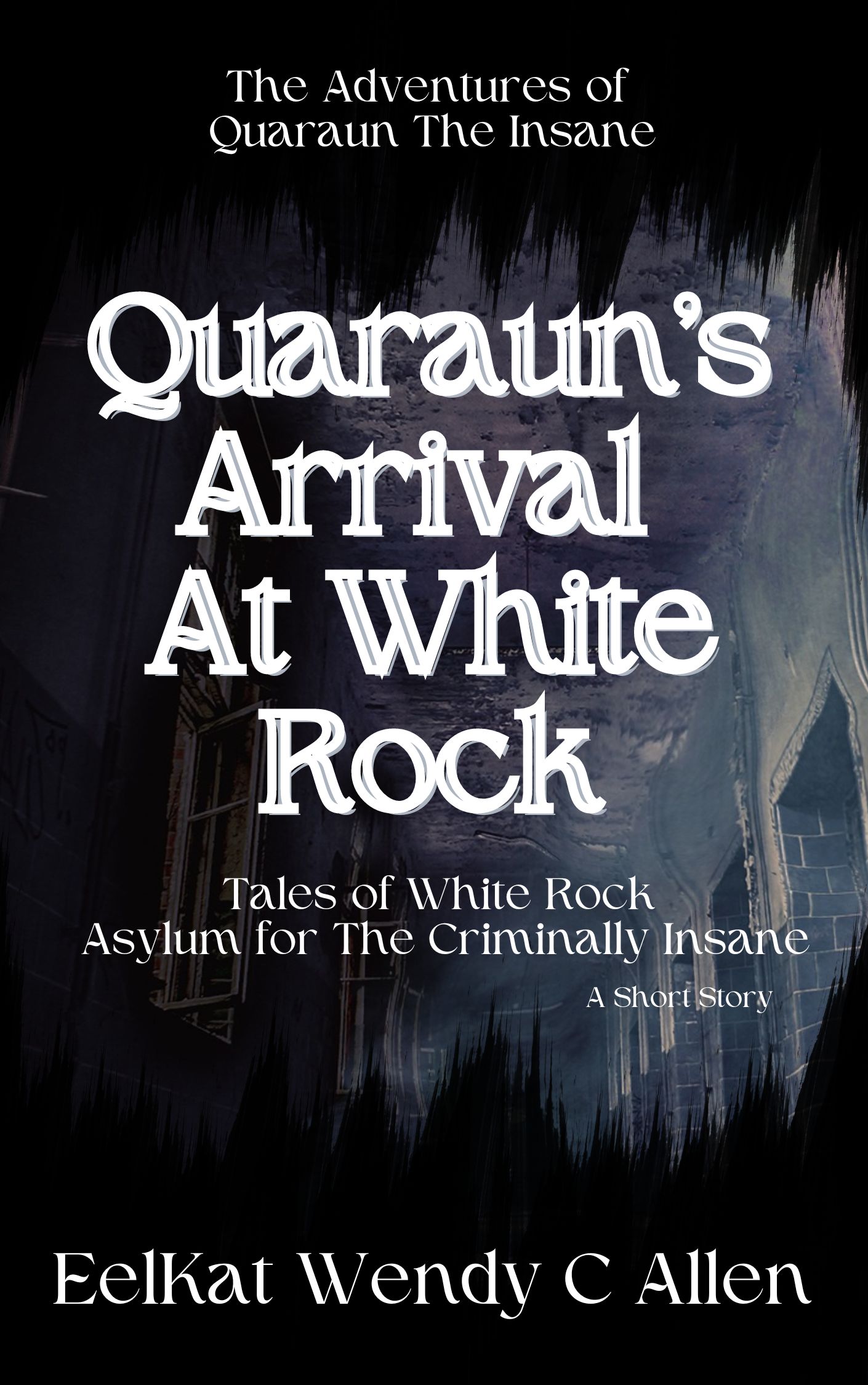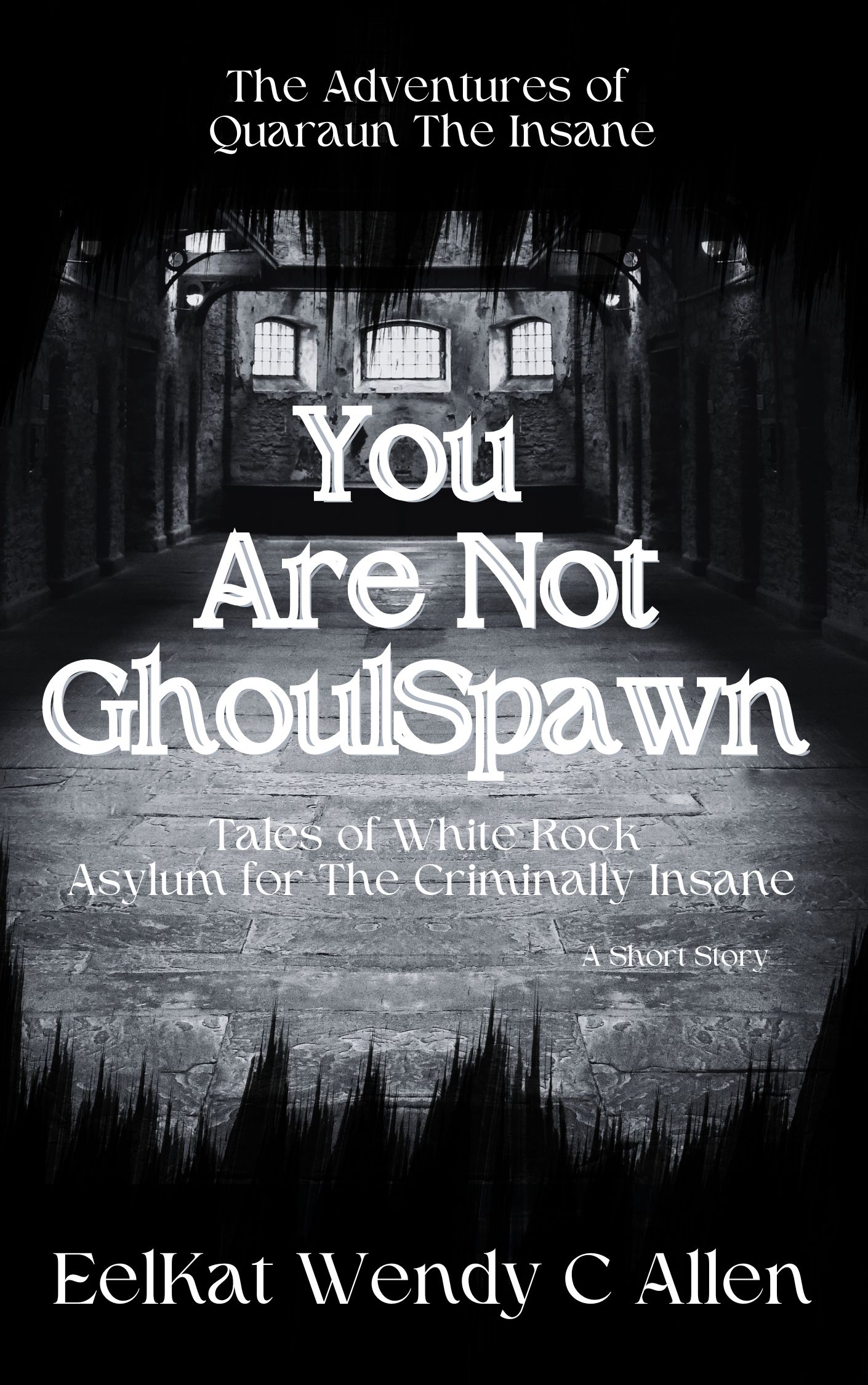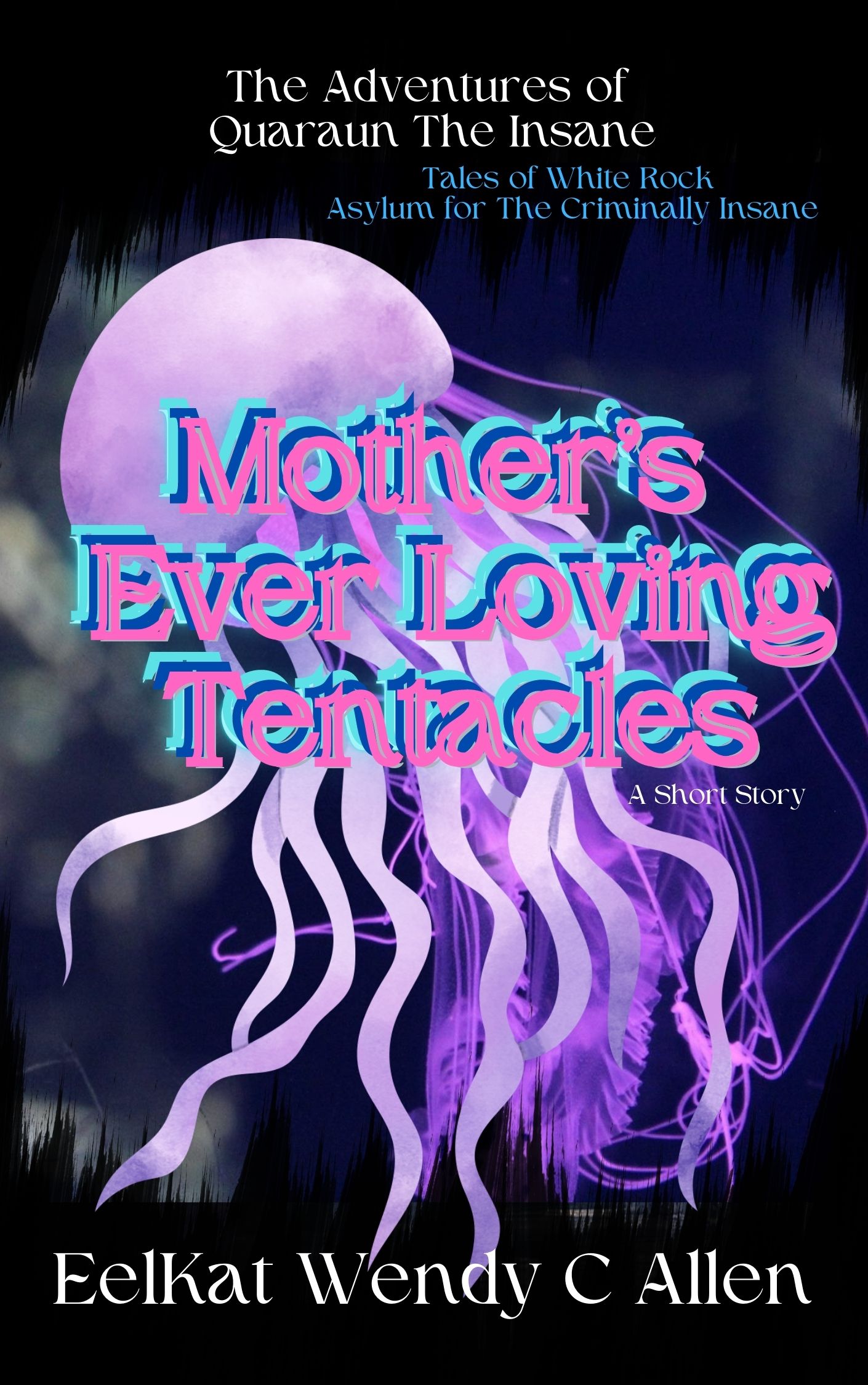Counting Down to the 2028 50th Anniversary of my first published book (September 23, 1978)
|
I am an author. I write Yaoi. This is my website. Yaoi means my main characters are gay lovers. If that bothers you, you're on the wrong website. Sorry.  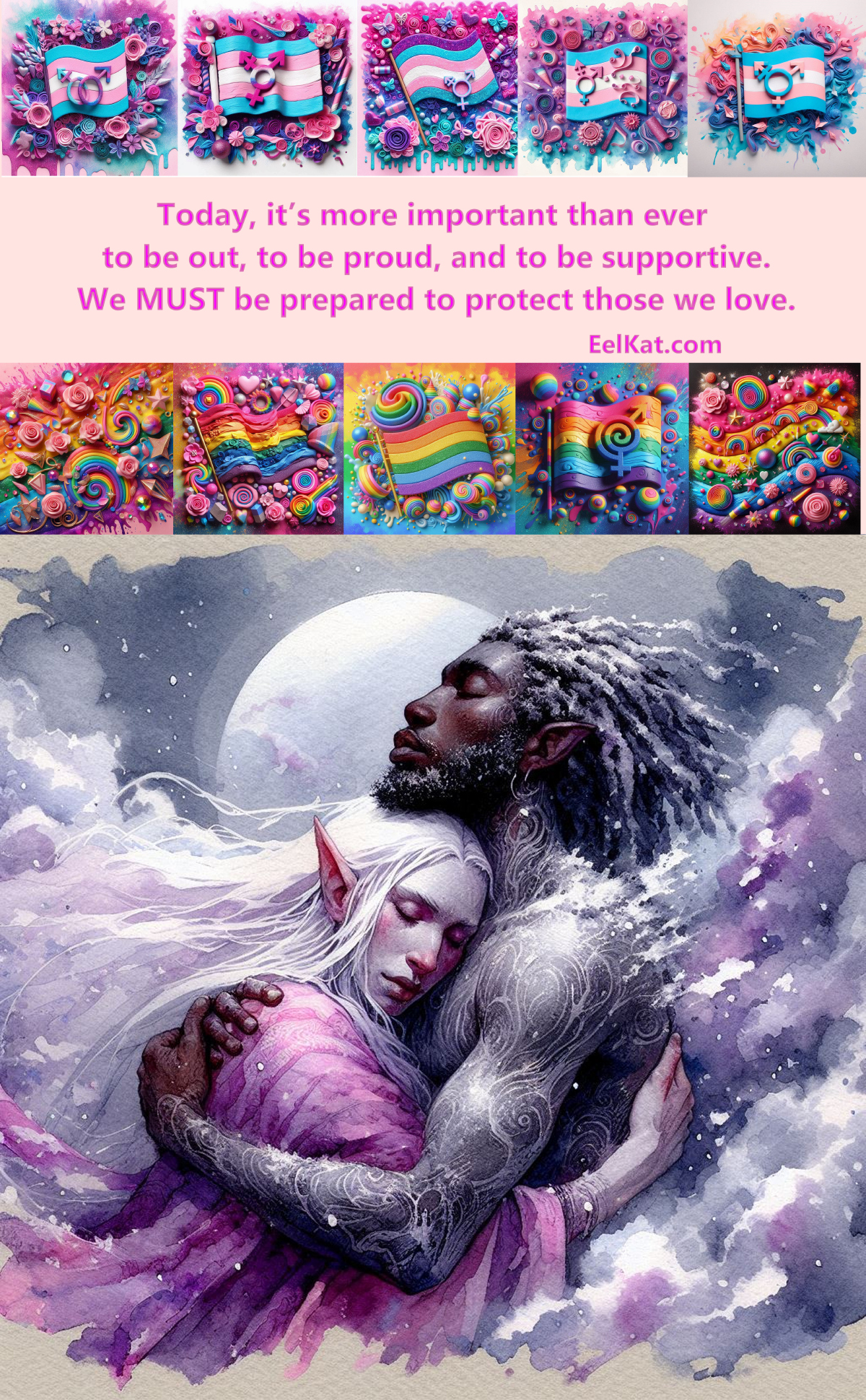 Transman Quaraun (The Pink Necromancer) and his husband King Gwallmaic (aka BoomFuzzy the Unicorn) King of The UnSeelie Court. Main characters of The Adventures of The Pink Necromancer series. Transman Quaraun (The Pink Necromancer) and his husband King Gwallmaic (aka BoomFuzzy the Unicorn) King of The UnSeelie Court. Main characters of The Adventures of The Pink Necromancer series.
|
This website is a safe zone for LGBTQAI+, pagans, polys, trans, neurodivergent, disabled, mobile aid user, minority, cosplayers, otherkin, furries, & BIOPIC communities.
If you are a hater, you can go fuck yourself.
Happy 2026!
It is our 30th anniversary here at Space Dock 13!
On the web since 1996!
You have encountered an extremely old website that continues to exist in old web ways, the same way it has done for now three decades.
In spite of being now 30 years old this year, started in 1996, it is still heavily active and old pages updated daily, new pages added daily, still now in 2026. All hand written, all hand coded (no AI), all by me, same as it ever was.
We Still Exist: The Old Web Did Not Go Away, You Just Forgot How To Find Us
|
This site was NOT designed for mobile devices (as they had not been invented yet when I created it) thus this site looks best on a computer, at 1280x768 or above. |
This is a very old website created in 1996, so, yes, javascript is needed for the site to work as it should. If things don't function, you may need to update javascript drivers on your device |
This site tries to be mobile friendly but it's been online since 1996, so old pages may not load right on mobile devices, and as this site has had pages added near daily for 30 years there are now over 20k pages here. |
Having started out in life as a GeoCities site, this site contains glitter, bright colours, blinkies, moving gifs, and other things the old web was known for. |
Your World: Landscape | EelKat's Guide To World Building - The Squidoo Series
For many fantasy stories the landscape plays a major role. If it looks like earth, you will have a mixed set of realms in your world: deserts, swamps, forests, fields, jungles, seasons, warm, cold, everything all mixed together on one planet. With a world similar to Earth's you won't have too much to do.
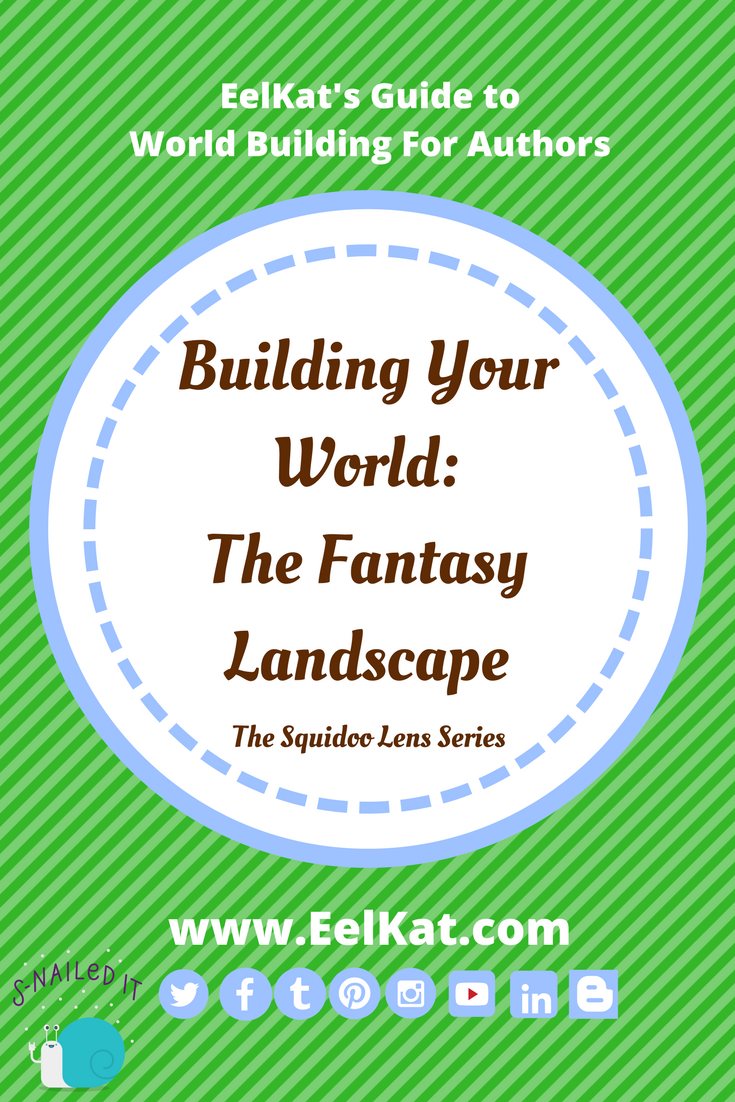
You won't need to design atmosphere or create new types of animals. You won't have to study biology to figure out how it is your characters are able to breath on a planet without oxygen either. The closer your world and its inhabitants are the being like the earth, the less work you have to do it the whole creating a fantasy realm process.
If it is nothing like earth at all, than you will have your work cut out for you. Is is barren rock like Mars? Molten lava like Venus? Frozen gases like Saturn? You will have to devise ways for you characters to be able to live and breath. You will have to create life forms that are scientifically correct, or at least *sound* scientifically correct.
Some authors prefer to use an alternate earth. Everything being the same as we know it, just continents moved around and renamed.
Others prefer to start from scratch and create an entire planet from the ground up, and write out detailed graphs about everything from soil composition to the DNA of the faeries.
Most authors, seem to do a blend f the two, and take a realm that is almost the same as Earth, and through in a few writer created plants and animals along with the usual cast of fantasy creatures: elves, dwarves, etc.
What you do and how you do it it totally up to you. There are no right or wrong ways of creating a fantasy world.
The landscape of your world will effect your characters' movements and activities, so the type of landscape your realm has is important. Crossing the desert and crossing the sea are two very big challenges for your character, but also two very different landscapes, providing very different challenges. A character lost in the snowy tundra will suffer different challenges than the character lost in the forest.
Likewise a character lost in the forest will face different challenges depending on the type of forest he is lost in. A character lost in the Northern Maine woods will meet up with snow, bear and moose, while the character lost in the Amazon jungle will meet up with rain, jaguars and anacondas.
Be sure you know your landscape and how is will effect your story, before you send your characters out into it. And you know what? No one ever said you had to create your world all at once either! Writers who write in a *universe series* spend their entire lives expanding their fantasy worlds. (A universe series is a series of stories that all take place in one fictional universe, even if the characters are not the same in each story, the fantasy world itself is always the same.)
I was 3 years old when I created my first fantasy realm. I have no idea where I got the idea for each of the planets or how it was that I came up with their names. By the time I was 8 however, I had each of the four base planets for my universe mapped and charted. Since than, I have not created any new worlds, only added to the ones I already had. Because I have 4 full sized planets, each fully inhabited with multitudes of races, I may very well me the rest of my life exploring it and finding out just exactly what everything is in it. That is the beauty of creating an entire solar system with inhabited planets. You become the explorer and you (the author) gets to spend years *traveling* through your planets *discovering* all sorts of new things and of course new stories.
Personally, when I am creating (or rather expanding) my fantasy realms, I like to pull out huge atlases, elementary school science books, encyclopedias, and museum coffee books. From these I have a huge stock of photographs of our own earth and all of it's wondrous lands and cultures. Pouring over the pictures in these books sparks all sorts of ideas about new *discoveries* I can find in my own realms. When it comes to creating a fantasy world, there is nothing better than looking to our own world for inspiration.

EelKat's Guide to
World Building For Fiction Writers
The Complete Article Index
The list below are the original pages written in 2003 for a WordPress Blog, and republished on Squidoo in 2007:
<<< Back To EelKat's Guide to World Building For Fiction Writers
Or Head To Another Article In This Series:
Creating a Fantasy Realm
Level of Reality
What is your world like?
What does your world look like?
What lives in your world?
Who lives in your world?
What type of animal life is in your world?
Is it a single environment realm?
Holiday and Holy Days in Fantasy Realms
What kind of plant life is there in your world?
What type of weather does your land have?
Your World: The Landscape
Your World: The Water
Cultures and Architecture In Your World
Timelines of World History
A Place To Live?
What about your population? How well do you know them?
What is the economy like?
What is family life like?
Writing Short Stories About Your Universe
Survival Stories
Fictional Travel Writing or Writing about how your characters get from Point A to Point B
Vampire Stories
Zombie Stories
Do Your Characters Match Where They Live? or Do your characters match their environment?
How do your characters act? Culture and Rituals in your world.
Peoples of Your World: Their Cultures, Traditions, and Ways of Life
Marriages & Other Such Stuff in Fantasy or Sci-Fi? Should there even be marriages like in the real world?
Churches & Religion vs Fantasy & Science Fiction
God & Satan vs Fantasy & Science Fiction
Does your world have fantasy creatures (fantasy creatures from Earth mythology: dragons, faeries, etc)? If so what kind?
Your World: Mammals
Your World: Birds
Your World: Reptiles & Amphibians
Your World: Aquatic Life
Your World: Bugs
Your World: Unique Wildlife
The Magic System: How important is it to create a magical system for your world?
Mushroom Forest
Things You Can Do To Bring Your World Alive
Writing about Snow
Some Thoughts on Writing About Real Places In Fictional Novels
My inspiration comes home: Winter in Maine
For help in creating characters in genre fiction try:
EelKat's Guide to Character Creation
Even more articles have been written for this series since then:
As there are now more then 100 articles for this series, it now has it's own index page on which to list them all, as there are just too many to keep adding them to this end of article list. You can find the complete listing of all the World Building articles here now:
Fantasy World Building...Writing Fantasy Books
| World Building For Authors |
My Answers To The Zaharam-Chapelle-Parunas
Ethnographical Questionnaire and More...
More on Worldbuilding In Fantasy Novels:
- How To Write A Novel: Question Everything Before Putting It In Your World
- Writing Fantasy Books | What will a traveler encounter on the roads in your world?
- I've everything but a kitchen sink. Wait, how'd that sink get in my pocket?
- World-building In The Quaraun Series: Creating a Fantasy World
- Why do Lovecraftian beings come to earth?
- AuthorTube YouTube Interviews on Writing Dark Fantasy Yaoi
- How To Write A Novel: In what order do you create your world?
- How To Stay Motivated To Write | Writing Fantasy Books With EelKat Wendy Christine Allen
- Writing Medieval Servants: Their jobs and their place in historical fiction.
- Part 2: Writing Medieval Servants: Their jobs and their place in historical fiction.
- Part 3: Writing Medieval Servants: Their jobs and their place in historical fiction.
- How Your Degree Affects Your World Building
- Level of Reality
- Toilets In Fiction
- Question Everything Before Putting It In Your World
- World Building for Writers
- Some Thoughts On Writing Gods, Demi-gods, Immortals, Demons, Angels, Heaven, & Hell In Fantasy Worlds
- Creating a Fantasy Realm
- The World Building Questionnaire
- Wizards vs Witches vs Sorcerers: How are they different? | Writing Fantasy Books
- Spell Casting Side Effects: Magic In Quaraun's Universe | Author Interview
- Necromancy: How will resurrection affect society as a whole?
- Child Sacrifice in Fantasy Novels | Writing Fantasy Books
- Magic Systems and How to Build Them | Writing Fantasy Books
- How To Build A Magic System
- What exactly makes an Elf an Elf? (What is the definition of an Elf?)
- Marriage in Moon Elf Culture | Character Creating & World Building | Writing Fantasy Books
- What would happen if an Elf adopted a Human baby? | Writing Fantasy Books
- Jewelry Fashions in Moon Elf Culture | World Building | Writing Fantasy Books
- Writing Albino Races Accurately - Moon Elves In The Quaraun Series
- Psychedelics In A 'High' High Fantasy World (High Elves Getting High)
- Elves, Drugs, and Opium: A Look At The Drug Use In The Quaraun Books
- How to Handle Writing Fantasy-Horror That Features Violence Against Children
- How to Write Hot Sex - Tips For Erotic Romance Authors
- Moon Elf Society | Fantasy Worldbuilding & Character Creation
Books I Use When Creating Fantasy Worlds:

*UPDATE: ADDED November 7, 2013 - I suppose one thing I should point out at this point, before we go any farther, is my use of the word fantasy throughout this series. The bulk of this set of articles was written 7 years ago in April of 2006, parts of it appearing on EK's Star Log and other parts of it appearing on my personal Squidoo account. In the 7 years since writing this I've received hundreds of emails regarding it. A common question asked being: "Why do you talk of building a fantasy world if you don't write Fantasy?"
ANSWER: Fantasy with a capital "F" is the name of a type of fiction, in other words Fantasy is a genre. I do not write Fantasy fiction of the Fantasy genre, that is correct. I do however create fantasy realms for my Science Fiction and Horror works. I write Dark Fantasy, which is a sub-genre of Horror and Space Fantasy which is a sub-genre of Science Fiction.
Did you see it? No? Let me point it out: I write about fantasy worls as the exist in Horror and Sci-Fi but I do not write about fantasy world as they exist in Fantasy Fiction.
If it is not real it is fiction, if it exists only in fiction it it fantastical, if it is fantastical it is a fantasy item, because it is not a real item, however being fantastical does not make it part of the Fantasy genre, just as not everything in the Fantasy genre is always fantastical in nature.
The word "fantasy" with a lower case "f" is a word that means "not real" and has nothing to do with the Fantasy genre (capital "F") at all. And therefore when I say "fantasy realm" I mean a world that is NOT the Earth on which you and I live on in the real world, and am in no way, shape, or form referring to the Fantasy genre.
The methods I use to create my fantasy realms can be applied to ANY genre: Fantasy, Science Fiction, Horror, Romance, Western, etc.
2013 World-Building Series UPDATE:
Due to issues with content scraping, outright plagiarism, some of my articles appearing on OTHER Squidoo member accounts without my permission, and many of my "Squidoo articles" being stolen off Squidoo and posted without my permission on various blogs and sites including Wikipedia and Helium; all of my articles are in the process of being removed from Squidoo.
This series of World Building articles in one that has been heavily plagiarized over the years and as of September 2013, it can only OFFICIALLY be found here on EelKat.com - if you find it posted elsewhere, know it was stolen and I am not receiving royalties for it.
2014 Update:
As you know, or not, Squidoo owners Bonnie and Kimberly-Dawn stole thousands of Squidoo articles from Squidoo members, and tried to pass them off as their own, resulting in the lawsuit against Squidoo owners for the theft of tens of thousands of articles.
More than 100 of my articles were transferred off my Squidoo account and moved to Bonnie's account,
- including the one about my cars The Dazzling Razzberry,
- the one about The World's Most Haunted Car,
- the one about the theft of my car,
- my Autism lenses,
- my Lord Sesshomaru series
- and my Amphibious Aliens article;
while my authorship and writing articles, including this world-building series were deleted off my Squidoo account and transferred to Kimberly-Dawn's account!
!!!!!!!
I am shocked and flabbergasted at what these 2 women have done. That they thought they could get away with stealing so many articles from so many authors! Buying Squidoo from Seth Godin, did not give then the rights to our articles and these two horrible women had no right to delete them off of our member accounts and republish them on their own accounts, trying to pass them off as their own.
More then 100 Squidoo authors have gathered together in lawsuit against Squidoo owners, Bonnie and Kimberly-Dawn. The result of that is, Bonnie and Kimberly-Dawn, to avoid their asses being sued to hell and back, have now transferred the Squidoo lenses back to their original owners and deleted the entire Squidoo website.
Squidoo is officially gone. It exists no more. Squidoo is dead. Most Squidoo writers have opted to move to Hub Pages as HubPages has bought the remaining shambles of what is left of Seth Godin's Squidoo after Bonnie and Kimberly-Dawn massaquered it in their article stealing frenzy.
While I do have a HubPages account and my remaining Squidoo Lenses can be found there temporarily, they are being moved here and deleted off HubPages as I move them
April 2017 UPDATE:
As of now, all on my 600+ Squidoo pages are now moved here to EelKat.com and no more are remaining on HubPages.
It's hard to believe, Squidoo has been gone for 4 years now. It was such a big part of my life for a decade.
This page was written by Wendy Christine Allen of 146 Portland Ave, Old Orchard Beach, Maine.
All Rights Reserved.
While there are around 20k pages on this website, most of them are blocked from search engines, with only around 800 of them available for appearing in Google/Bing/etc search results. The remainder can only be accessed via the various links found throughout this site. This was done deliberately on my part, and I did it because the bulk of the pages on this website are chapters from 138 novels and 423 novellas, so only the first page of each novel and novella indexed by search engines, and the remainder are linked in order, one page at a time, via clicking "next page" at the end of each. So if you are looking for a specific page from a specific novel, Google can't help you.
|
Thank you for stopping by and have a nice day! ꧁✨🌸🔮🦄🔮🌸✨꧂ And if it’s your birthday today: ִֶָ𓂃 ࣪˖ ִֶָ🐇་༘࿐꧁ᴴᵃᵖᵖʸ☆ᵇⁱʳᵗʰᵈᵃʸ꧂🤍🎀🧸🌷🍭 |
 |
Get an email whenever Wendy Christine Allen 🌸💖🦄 aka EelKat 🧿💛🔮👻 publishes on Medium.
I also write on these locations: | Amazon | Blogger | GumRoad | Medium | Notd | OnlyFans | Tumblr | Vocal |
Important:
Fraudulent sites are impersonating Wendy Christine Allen.
- The ONLY official website for Wendy Christine Allen is www.eelkat.com
Fraudulent social media accounts, particularly on Reddit and FaceBook are impersonating Wendy Christine Allen.
- The ONLY official social media accounts for Wendy Christine Allen are listed in the footer here at www.eelkat.com
Find Me on Social Media:
- Amazon: Author Central
- Amazon: Quaraun Series Index
- Blogger
- CafePress
- DeviantArt
- FaceBook (Profile)
- FictionPress
- Gravatar
- GumRoad
- Lemon8
- Medium
- Notd
- OnlyFans
- PayPal
- Reddit 1 (Primary)
- Reddit 2 (Alt; Archived)
- SpoonFlower
- TikTok
- Tumblr
- Twitch
- Twitter (X)
- Vocal
- WordPress
- YouTube
- YouTube Shorts
- Zazzle: My Art
- Zazzle: Quaraun Merch
Any websites and accounts you find online that are NOT on this list are NOT Wendy Christine Allen
